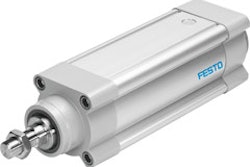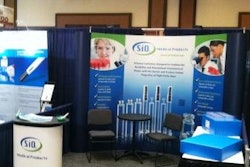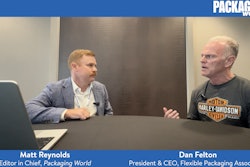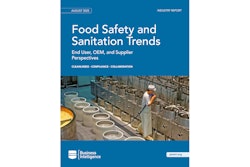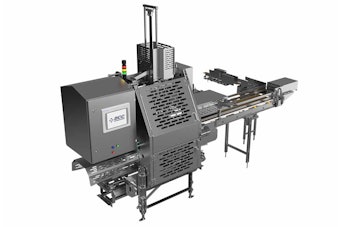The first Aidlin cap feeder appeared in Sarasota, FL, in 1988. Integrated into packaging lines to feed capping machines, the cap feeder stocks, lifts, and orientates caps. The machine takes the caps stored in bulk in a hopper at ground level, lifts them via a belt equipped with cleats, and orientates them according to a simple, efficient gravitational principle. Any improperly positioned cap falls back into the hopper, whilst only properly oriented ones continue their journey towards the capping machine.
On a packaging line, the capping/filling machine is very often the critical machine. Supplying the machine demands a very high level of performance, whatever the type of cap, whether sports, screw cap, or beer crown. With efficiency said to be over 99.5% at low, medium, and high throughput, the Aidlin cap feeder secures supply to the capping/filling machine for optimum line efficiency.
Another advantage of gravitational orientation technology is hygiene: the Gebo cap feeder orientates the cap outside the filling zone helping to prevent dust falling into products. As a guarantee of improved hygiene for all products, this feature is key for sterile bottling lines, aseptic packaging, or using flash pasteurization technology before filling.
Gebo is able to adapt Aidlin cap feeders to accompany new market trends. This capacity for innovation gives Aidlin cap feeders durable efficiency in every segment: CSDs, water, fruit juice, beer, body care products, and detergents. Plus, of course, the potential to meet challenges.
1,600 units of Aidlin solutions have been installed to date. Each major market (Europe, North America and Asia) is served by a dedicated Gebo site, which adapts the machines to local conditions, thus reducing transport costs.
The first cap feeder made at the Reichstett plant came out of the workshop in 2001. Increased manufacturing rhythms and upscaling have benefited from modern production management tools such as Lean Management and systematic Factory Acceptance Tests.




